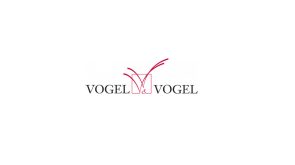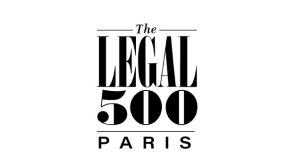This ruling is a double first in that an individual undertaking has never before received such a huge fine (the record up to now being EUR 350 million against Orange, Competition Authority, 17 Dec. 2015, LawLex201500001757JBJ).
Its two wholesalers were also fined EUR 62 and 76 million bringing the total to EUR 1.24 billion and secondly, insofar as the sanctions for abuse of economic dependence are extremely rare: only three other convictions have been registered to date. The case originates from the complaint filed in 2012 by eBizcuss, a specialist distributor which had complained of gradual foreclosure from the market following the opening, by the Apple brand, of its own stores. The investigation carried out by the Competition Authority (Autorité de la concurrence – AdlC) revealed three anticompetitive practices.
-
Agreement to share customers and products between Apple and its two wholesalers
According to the Authority, Apple had reached an agreement with its two wholesalers, world leaders in the wholesale trade in electronic products, not to compete with each other and to prevent distributors from competing with each other. The agreement was based on a rigid system, accepted by wholesalers, of allocating quantities of products available to each distributor. As a result, Apple froze intra-brand competition in the wholesale market.
Business growth for resellers has been hindered by limited inventory and less opportunity for competition among wholesalers. The purchase and resale policies of the latter, in principle independent operators, are by Apple for some products, while for certain customers, they could be in competition with Apple.
-
Vertical price fixing
Apple was also found to have implemented resale price maintenance in respect of Apple premium resellers (APR) by the dissemination of “recommended” prices on media accessible to consumers; terms relating to the use of the brand which had the effect of restricting the commercial initiative of distributors by requiring them to use the media provided by Apple during promotional operations, under penalty of immediate termination of the contract; price monitoring accompanied by reprisals. Price surveys carried out during the investigation established that almost half of the retail market was aligned with prices charged by Apple Stores and the brand’s website.
-
Abuse of economic dependence of Apple Premium Resellers
According to the Authority, the economic dependence of APRs stems from a complex tangle of contract terms by which Apple requires them to devote themselves almost exclusively to its products and prohibits them, for the duration of the contract and up to six months after its term, from opening a store specializing in the exclusive sale of competing products anywhere in Europe. However, it is also the result of the lack of a possible alternative due to the strong attachment of customers to the brand. The abuse consists of problems obtaining supplies and discriminatory treatment of APRs compared to Apple stores and the brand’s website, especially during new product launches and at the end-of-year holiday period, which cannot be explained by stock shortages. Uncertainty created about trading conditions (discretionary discounts and outstanding payments) has further increased the dependence of APRs. The practices have, says the Competition Authority, allowed Apple to benefit from national coverage without having to invest in its own stores and to concentrate the implementation of its Apple Stores in the most profitable areas.
Apple has, as expected, already declared its intention to appeal.

 MY ACCOUNT
MY ACCOUNT













